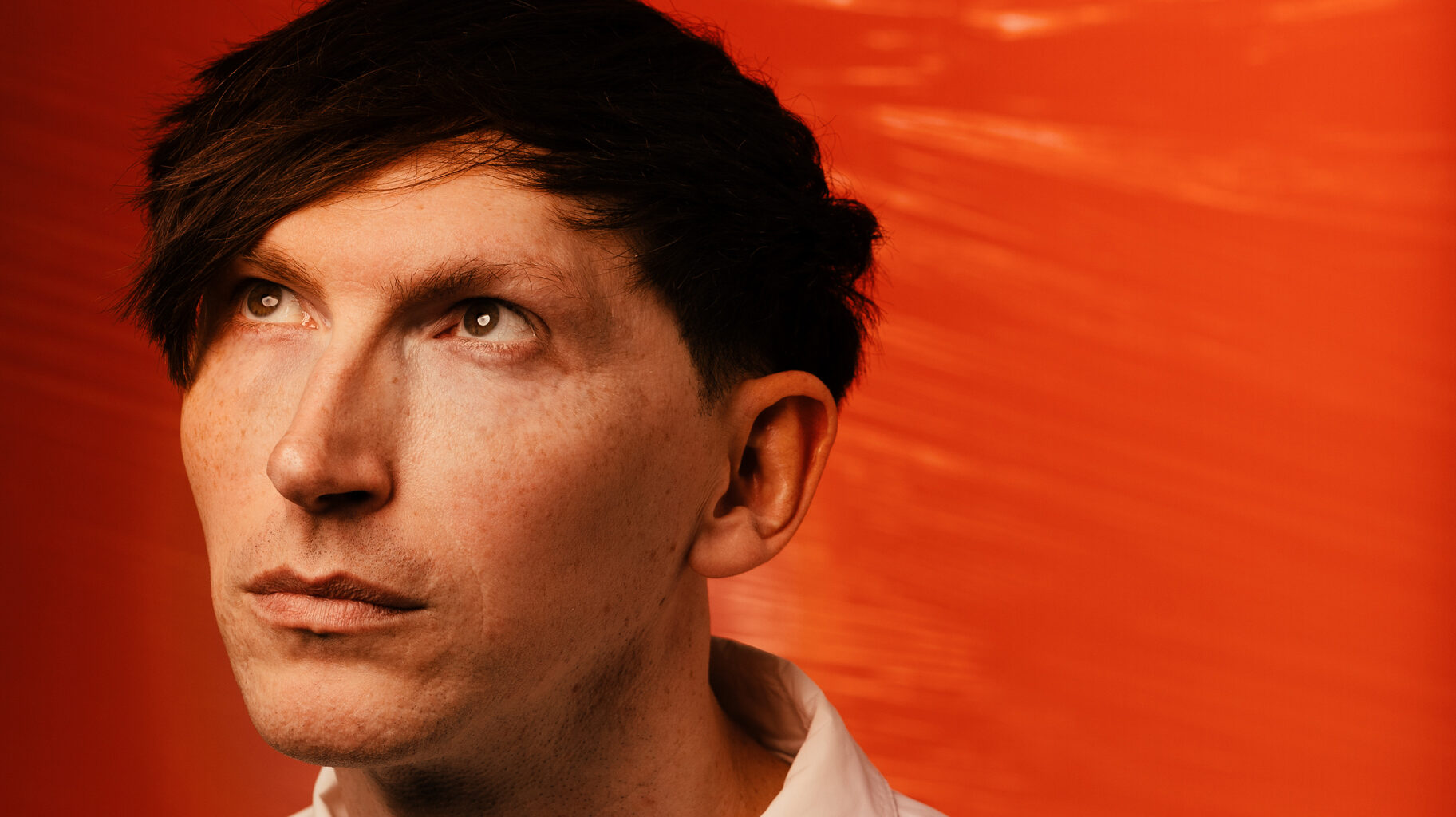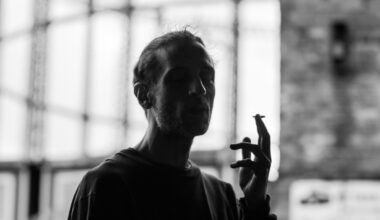Following 2018’s acclaimed ‘Psychic Data’, TVAM’s Joe Oxley has reappeared with a second long-player, ‘High Art Lite’, all cranked-up synth distortion, shoegazey euphoria and white-hot noise. Get ready for a vertiginous wall of sound
Want to read more?
Sign up to Electronic Sound Premium to gain access to every post, video, special offers, and more. 100%, all you can eat, no commitment, cancel any time.
Already a premium member? Log in here






